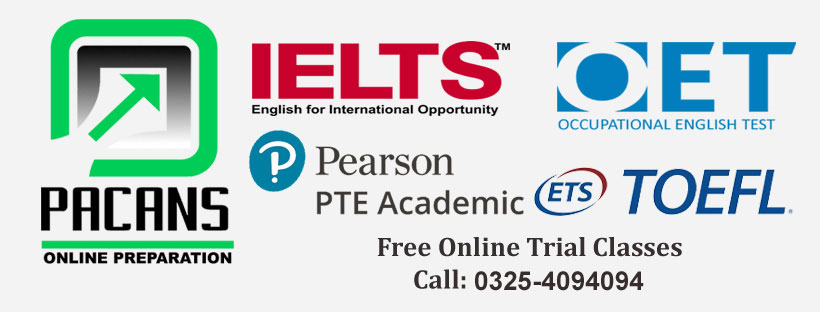In spite of the fact that assessment of student’s level through exam has been an important topic for debate since quite a long time, unnecessary pressure on young learners and inability to assess actual ability is also a cliche. I believe exams may be effective at some stages of education, but not all. The reason is that, while exams are good measure to evaluate retention rate of students, they may ignore practicality of the subject.
At secondary or higher secondary education level, it is imperative to make sure students retain the knowledge that is provided to them. In order to assess this, exams do play an important part. For example, it is quite common in practice to make accounting students appear in exams to evaluate if they know the method of cash book preparation. Therefore, due to the examination system students have to learn the methods thoroughly so that they could recall the concepts during their exam.
On the other hand, exams ignore the practical aspect of the subject, while just focusing on the theoretical part. In professional or higher studies, it is more important for students to know the practical application of their subject which is implemented in the professional career. For instance, accountant may also be required to handle cash physically through intelligence, rather than by means of formal education tested through exams. Thus, exams perhaps cause students to forgo practical aspect of their subject due to the pressure of learning for the sake of assessments.
Hence, exams do put unnecessary pressure on young learners by ignoring practicality, but at some stage of education it do plays an important role to promote knowledge retention.

